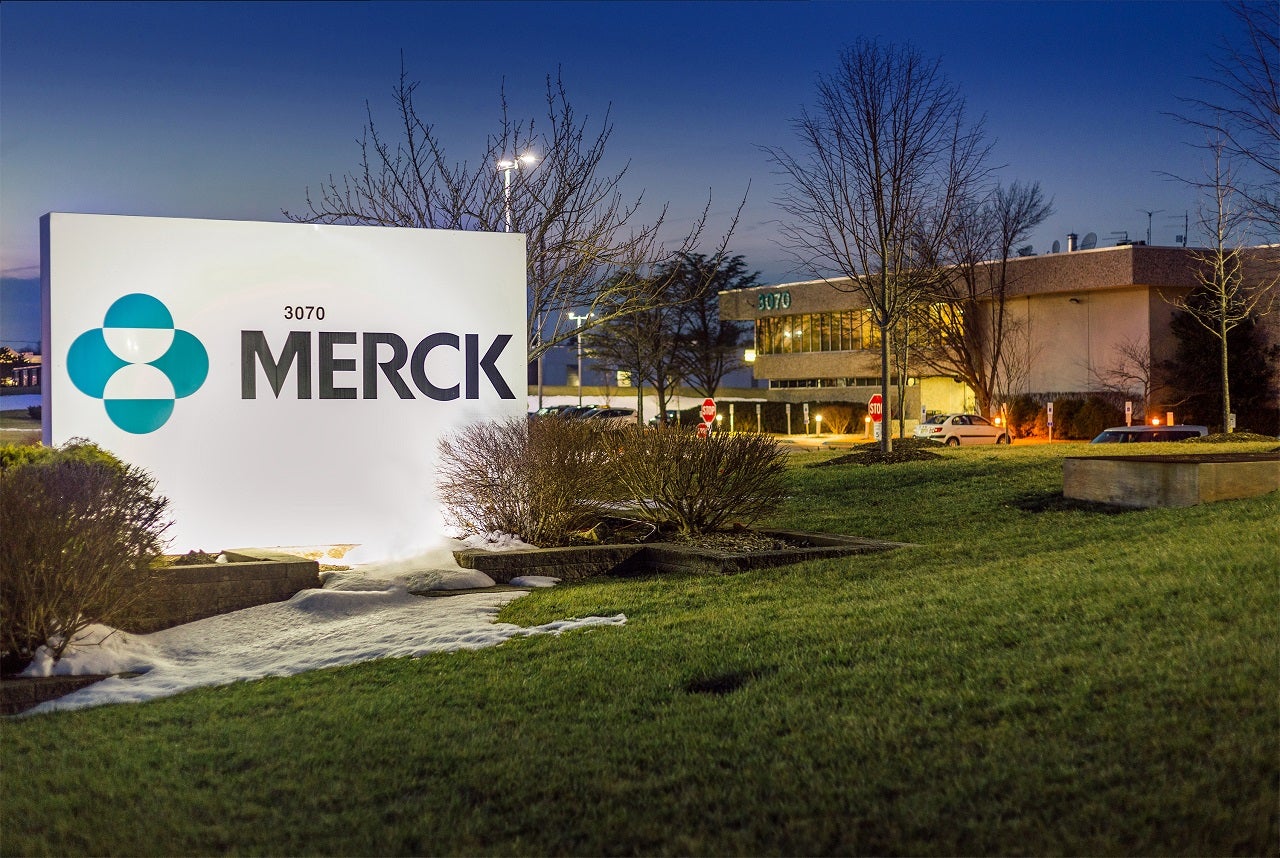Merck and Co. (MSD outside the United States and Canada) has announced an additional FDA approval for its anti-programmed cell death protein 1 (PD-1) monoclonal antibody (mAb) Keytruda (pembrolizumab). This approval is for the adjuvant treatment of non-small cell lung cancer (NSCLC) patients with Stage IB, II, or IIIA disease following surgical resection and platinum-based chemotherapy. Lung cancer is the second most common cancer and the leading cause of cancer-related deaths globally. NSCLC is the most frequently diagnosed lung cancer subtype, accounting for approximately 81% of all lung cancer cases.
While the treatment landscape in the NSCLC metastatic setting has rapidly evolved over the past decade, there has been comparatively little change in the management of patients with localised disease, with surgical resection followed by adjuvant chemotherapy still being the treatment of choice for many patients. Unfortunately, a significant proportion of patients who undergo surgical resection of NSCLC later go on to relapse, often with metastatic disease. This creates a largely unmet need, as once patients progress to recurrent or metastatic disease, the chance of achieving long-term remission diminishes.
The approval is based on data from the Phase III KEYNOTE-091 trial, in which 1,177 patients with completely resected NSCLC were randomly assigned with a 1:1 ratio to receive Keytruda or a placebo every three weeks. The majority of trial participants (86%) in both arms also received the optional four cycles of platinum-based chemotherapy. Keytruda was continued for one year but was stopped on disease progression or if unacceptable toxicity occurred. The median duration of exposure to Keytruda was 11.7 months, demonstrating this to be a highly tolerable therapeutic. Keytruda reduced the risk of disease reoccurrence or death by 27% (HR=0.73) versus a placebo irrespective of the level of tumour-programmed death-ligand 1 (PD-L1) expression. A dramatic benefit in median disease-free survival (DFS) was also reported, with a DFS of close to five years (58.7 months) for patients receiving Keytruda following resection and chemotherapy versus almost three years (34.9 months) for patients in the control arm. Adverse events were consistent with those already reported for Keytruda monotherapy in the metastatic NSCLC setting, except for hypothyroidism (22%), hyperthyroidism (11%), and pneumonitis (7%), as well as two fatal cases of myocarditis.
This is the 34th FDA approval for the blockbuster drug and the fifth in the NSCLC setting. Keytruda is the only immune checkpoint inhibitor (ICI) approved in adjuvant and metastatic NSCLC irrespective of PD-L1 expression. Although the first ICI was approved as an adjuvant therapy for Stage IB disease, Roche’s Tecentriq (atezolizumab) was approved for Stage II–IIIA patients with a PD-L1 combined positive score (CPS) of more than 1% in 2021. Despite Tecentriq’s first-to-market advantage, Keytruda is expected to take patient share from Tecentriq with a broader approval in terms of disease stage and PD-L1 expression. As Keytruda and Tecentriq compete in the adjuvant setting, there is ongoing research into the use of ICIs in the neoadjuvant setting, with Bristol Myers Squibb’s Opdivo (nivolumab) gaining approval in the neoadjuvant setting in March 2022. While Keytruda does face heavy competition from other ICIs, Keytruda is the winner in terms of sales, with global sales growing by 22% in 2022 to reach $20.9bn.
Merck and Co. is not stopping with this approval, as Keytruda is currently under investigation for additional oncology indications and novel combinations. Keytruda has truly revolutionized the oncology landscape.

US Tariffs are shifting - will you react or anticipate?
Don’t let policy changes catch you off guard. Stay proactive with real-time data and expert analysis.
By GlobalData





